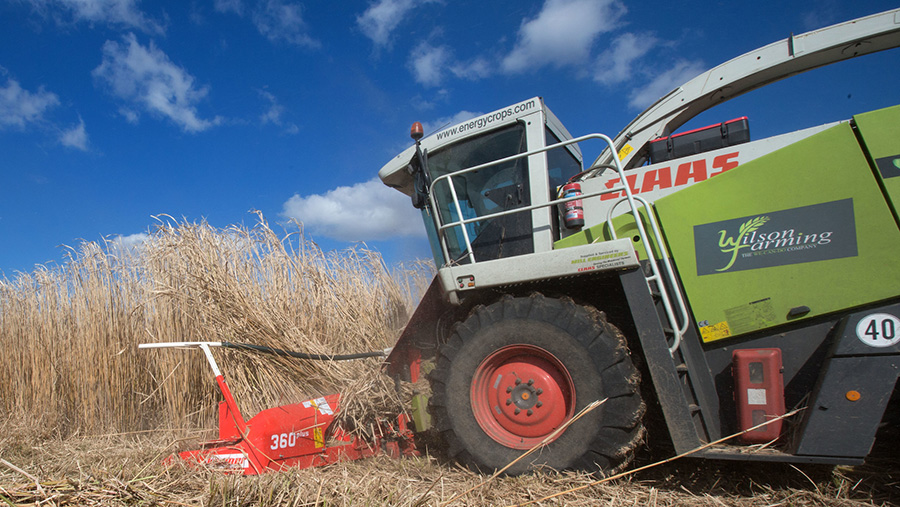Brussels plans to cut role of biofuels in renewable energy
 © Tim Scrivener
© Tim Scrivener Farmer representatives are warning of a drop in incomes and a loss of vital feed supplies if the EU Commission implements its plans to scale back conventional biofuels.
The proposals are due to be released next week (30 November), though it is already known the commission wants to reduce the role played by bioethanol and biodiesel in reaching its renewable energy targets.
According to reports circulating in Brussels, the commission is likely to set a new target of 3.8% of biofuels to be used in transport fuels by 2030, compared with the 7% target for 2021.
This is despite an aim to increase the overall contribution of renewable energy from 16% in 2014 to 27% by 2030.
See also: Farm energy opportunities remain despite Brexit uncertainty
The change is designed to encourage member states to move away from crop-based biofuels and replace them with so-called “advanced biofuels”, derived from municipal waste and agricultural residues.
This is to meet concerns that growing crops such as maize and oilseed rape for fuel is contributing to greenhouse gas emissions, as rainforests are cleared to bring more land into food production elsewhere.
Opposition
But EU farm and co-op organisation Copa-Cogeca is strongly opposed to the plans, warning they will increase the use of fossil fuels, raise carbon emissions and hit animal feed supplies.
It points to a recent report from an alliance of farmer and biofuel organisations, which shows every litre of biofuels produced creates 1.3kg of protein-rich by-products, so reducing the need for imported soya.
The use of crop-based biofuels in the EU has also led to savings of US$30bn/year (£24bn/year)due to reduced fuel imports, it claims.
These views are shared by the NFU, which said the biofuels sector is an important outlet for arable farmers.
Even once the UK has left the EU, any reduction in demand for raw materials will have an impact.
“We export about 40% of our rapeseed to Europe, mainly because of the biodiesel plants in Germany and France,” said NFU arable adviser Tori Morgan.
“If that market contracts, it will affect our export opportunities.
“Also, the bioethanol companies based in the UK will be trading their products into Europe.”
Green lobby
These views are at odds with those of green lobby group Birdlife International, which wants the commission to phase out all biofuels produced from food and energy crops.
“This will require all direct and indirect support for food-based biofuels be terminated after 2020 without delay,” it says in a recent report.
According to the NFU, the UK government is also keen to reduce crop-based biofuel inclusion rates in road fuels, with a consultation expected soon.
